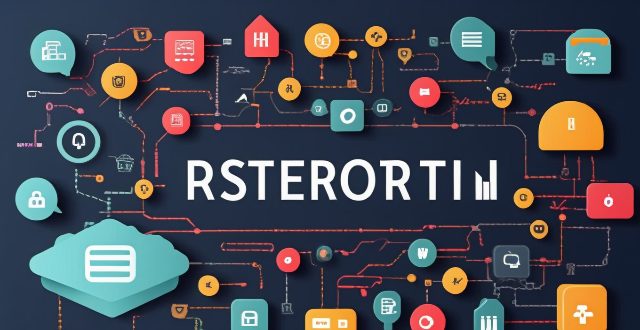The text discusses the potential impact of a faulty network card on internet speed. A malfunctioning network card can reduce transmission efficiency, limit bandwidth, cause instability and dropped connections, and lead to compatibility issues, all of which can result in slower internet speeds. Signs of a faulty network card include slow speeds, frequent disconnections, difficulty connecting to certain networks or devices, error messages related to connectivity, and low transfer rates during online activities. Troubleshooting steps such as checking for updates, running a network troubleshooter, reinstalling the driver, testing with another device, and contacting support are suggested to address the issue.

Can a Faulty Network Card Affect My Internet Speed?
A faulty network card can indeed affect your internet speed. The network card, also known as a network interface card (NIC), is a hardware component responsible for connecting your computer to a network. It allows data to be transmitted between your computer and the internet. If there's an issue with the network card, it can lead to various problems, including slower internet speeds.
How a Faulty Network Card Can Affect Internet Speed
Reduced Transmission Efficiency
A faulty network card may not be able to send or receive data as efficiently as it should. This reduced transmission efficiency can result in slower download and upload speeds. When the card has trouble communicating with the network, packet loss or errors may occur, leading to retransmissions and further slowing down your connection.
Limited Bandwidth
If the network card is damaged or outdated, it may not support higher bandwidth connections. This means that even if your internet service provider offers high-speed plans, your actual internet speed will be limited by the capabilities of your faulty network card.
Instability and Dropped Connections
A faulty network card can cause instability in your internet connection. You might experience frequent disconnections or drops in connectivity, which can make browsing the web or streaming content frustrating. These interruptions can significantly impact your overall internet speed and performance.
Compatibility Issues
Sometimes, a network card may not be fully compatible with certain types of networks or devices. This incompatibility can lead to slower speeds or connection issues, especially when trying to connect to newer or more advanced networking technologies.
Signs of a Faulty Network Card
- Slow internet speeds even when connected to a high-speed network.
- Frequent disconnections or dropped connections.
- Difficulty connecting to certain networks or devices.
- Error messages related to network connectivity.
- Unexpectedly low transfer rates during file sharing or online activities.
Troubleshooting a Faulty Network Card
1. Check for Updates: Ensure that your network card drivers are up to date. Outdated drivers can sometimes cause performance issues.
2. Run Network Troubleshooter: Use the built-in network troubleshooter in your operating system to detect and fix common network problems.
3. Reinstall the Network Card Driver: Uninstall and reinstall the network card driver to resolve any driver-related issues.
4. Test with Another Device: Connect another device to the same network to determine if the issue is specific to your computer's network card.
5. Contact Support: If none of these steps work, consider contacting technical support for further assistance or considering a replacement for the faulty network card.